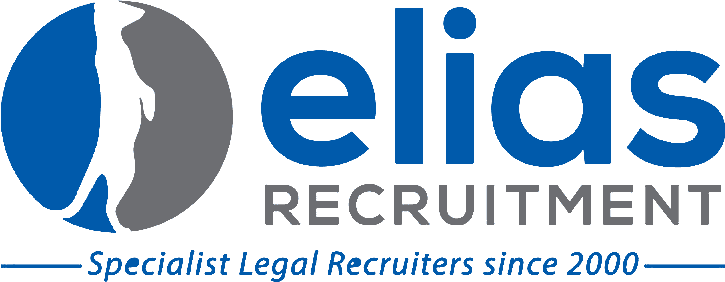Most of the time when we’re job searching, we’re focused on how we can impress our future employer and get to the top of their candidate list. We present all the information they may need to know about us, do whatever we can to put our best foot forward and secure that job offer.
But how do we know if the job we’re pursuing is a good match for us?
The key is to see the recruitment process as a two-way street. Yes, it’s important for employers to find out as much as they can about their potential new hires, but it’s equally as important for candidates to ask prudent questions throughout the selection process. Asking well thought-out questions not only demonstrates genuine interest and motivation, but it also provides more information to help weigh up the pros and cons of the opportunity.
Research
It’s always recommended that you do your research when applying for a job by analysing the job posting or position description (if it’s an advertised role), and by looking at other sources of information such as a company website, LinkedIn business profile, and other similar job advertisements, or by talking to people who are in similar positions. When you make it to the interview stage, you then have a great opportunity to build on this research and fill any gaps in your understanding of what the job is really all about.
Be careful not to ask questions that are already very clear in the job information already posted. The idea is to show what you already know about the opportunity, and then ask questions that will give you a deeper understanding of the role and organisation. It might help to think of your questions in terms of 3 categories, and have at least one question prepared from each category before you go to the interview.
1. What does a typical day in this role look like?
Ultimately you want to be able to imagine yourself doing the job, to have a clear picture of the different tasks you will do day-to-day, who you will interact with, what systems or tools you might use, what challenges are likely to come up, and what knowledge and skills you will use regularly. This will help you assess whether your interests and strengths will be well matched to this job. Examples of questions that work well here are:
- Can you please give me an idea of the variety of tasks I could expect on a daily basis?
- What matters would I be using predominantly in the role?
- Which matters are currently the main priority, and how does this role contribute to them?
- How much of my time would be spent on autonomous tasks versus team activities?
2. What is it like to work in this organisation?
As well as understanding the accountabilities and tasks of the job itself, you will want to know what the work environment is like. People often refer to this as company culture, and it can be influenced by many factors such as how the company is structured, whether it is big or small, the physical workspace, and how different divisions and people interact with each other. Companies will often talk about the positives of their culture and values on their website, and the interview is a great way to find out how this resonates in the day-to-day. Try questions like:
- What do you think employees like best about working here?
- How do employees find out about important information from the leadership team?
- How would you describe the work environment?
- How do you think the company culture differs here, in comparison to other law firms?
- How does the organisation support employees with their professional development?
3. What is it like to work in this team?
A big part of any job is the interactions you have with your immediate team, including your manager. Usually you will have a chance throughout the interview process to meet your supervisor or manager, and sometimes you will also meet other team members. See this as a chance to observe their style as they interact with you, and to ask one or two questions about how they like to work. Remember that each team has their challenges, so rather than looking for perfection, reflect on whether you will get something positive from working with this team, whether it be a challenge, fun, cohesion or new skills. You may like to ask questions such as:
- Are you able to give me an idea of the different roles within the team and how they work together?
- How regularly does the team meet and what are the meetings like?
- What sort of background and skill sets already exist within the team?
- How would you describe your management style with the team?
- I noticed in the position description that there are 3 different people performing this role – how do the focus areas differ for each person? (demonstrating your research).
What next?
Now that you have some more information about the job, the organisation and the people, you are in a strong position to reflect on whether this opportunity is a good match for you. The next step is to ask yourself some questions to see how closely the role aligns to your strengths, interests and personal values.
- Do the day-to-day tasks sound like something I could do and enjoy?
- Is there enough challenge in the daily role to keep me interested?
- Could I contribute something and learn new skills in this role?
- Does the work environment sound like it will suit my style?
- Does the organisation value the same things that I do?
- Have I enjoyed interacting with the people I met at interview?
- Does the team sound well-structured and cohesive?
- Could I learn something from my team members or manager?
Asking yourself these questions is especially useful if you are trying to decide between a couple of different opportunities, as it will give you a point of comparison. And remember – as wonderful as it is to receive a job offer, this is your career and you have something valuable to offer, so ask questions and think carefully so that you can choose wisely!
Talk to us today about how we can assist you in finding your next role, email [email protected] or phone (02) 9555 5711.

